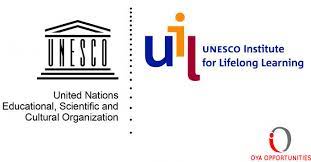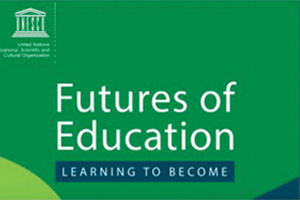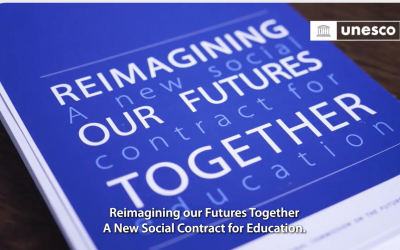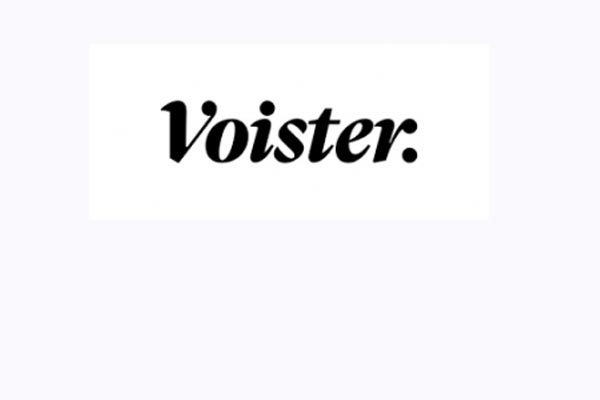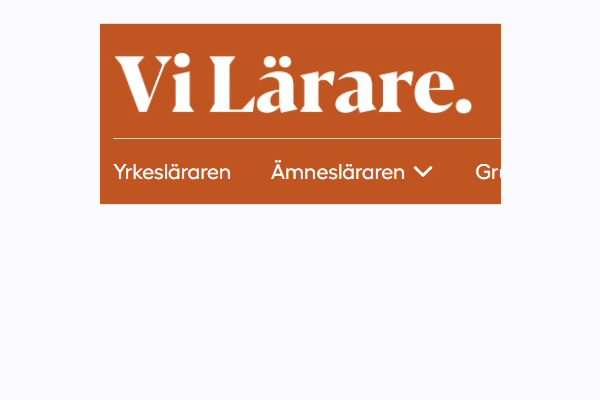The UNESCO Institute for Lifelong Learning (UIL) and the Commonwealth of Learning (COL) have just published Guidelines on open and distance learning for youth and adult literacy. These guidelines will support literacy providers around the world in planning, implementing, monitoring and evaluating their open and distance learning-based (ODL) literacy programmes.
773 million youth and adults worldwide still lack basic literacy skills, and the impact of the COVID-19 pandemic jeopardizes hard-won gains in literacy provision. Many literacy providers have argued that systems around the world were insufficiently prepared to leverage technologies and provide online or distance education that would mitigate the total disruption of literacy programmes caused by the pandemic. Low capacities along with low financial investment and political will have been cited as the main contributors to this lack of preparedness.
ODL is one of the key approaches to improving the current situation, helping providers to explore alternative methods and ensuring continuity of learning and skills development throughout life among youth and adults in times of disruptions to literacy provision.
The UIL/COL publication supports the full exploitation of the potential of ODL. It consists of two main parts. The first highlights steps for planning and implementing ODL in youth and adult literacy programmes. The second introduces the technologies commonly used in ODL for youth and adult literacy programmes, ranging from radio and television broadcasts to eLearning and online learning methods. It also includes practical ideas and resources that complement the general guidelines provided in Part 1. Among them are a planning checklist and a comprehensive list of open educational resources that can be used to incorporate ODL into literacy programmes.
Download Guidelines on open and distance learning for youth and adult literacy.


